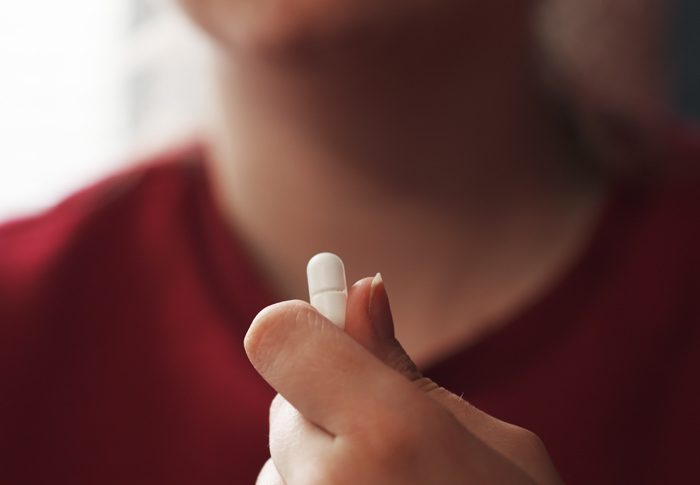By Sandy Baker
Could your teenager become addicted to painkillers after a simple dental visit? A study published in JAMA Internal Medicine focused specifically on young adults age 16 to 25. They found that people within this age group who first used opioid painkillers after a dental visit were 10 times more likely to have an addiction to the drugs within a year compared to their peers.
How can a dental visit lead to drug addiction?
Many people need to use painkillers after dental procedures or other surgeries. Yet, even short-term use of these powerful drugs carries a significant risk of addiction. As a parent, it can be frightening to think that a simple dental visit could lead your child to struggle with substance abuse.
How Common Is Opioid Abuse in Teens?
Many parents expect their teen to try a drink or two, yet many more are using drugs as a way to blend in or stand out. There are more teens abusing opioids than any time before. The Substance Abuse and Mental Health Services Administration reports that about 5,700 young adults reported having an addiction to prescription pain medications in 2014, and they did not have a doctor’s guidance in using them the first time.
In teens abusing opioids, the biggest misuse comes from prescription drugs, not the use of heroin. Yet, this is the fastest growing drug problem in the country right now. As a parent, what should you know about this risk?
Who Is Most at Risk for Opioid Abuse?
All teens are at risk of exposure to drugs and alcohol, even teens who seem to be outside of the “normal” lines of drug use. Some may be at a higher risk of opioid abuse, though. Risk factors include:
- Suffering from acute or chronic pain
- Being given a prescription from their doctor for any type of opioid-painkiller
- Having a history of mental illness, including anxiety or depression
- Using alcohol or other addictive substances
- Having a family member who has a prescription drug problem
- Having access to prescription painkillers through family or friends
Teens who have a physical health problem, even if it doesn’t cause pain, may also be at a higher risk, according to the U.S. Department of Health & Human Services.
How to Avoid Teen Opioid Use
Your teen falls in a sport and suffers a significant injury. Is it right to allow your child to struggle with pain just to avoid a potential painkiller addiction? Most parents wouldn’t agree with this. The key to know is that there are several steps you can take to avoid these higher risks to your child:
- Provide opioid-type pain medication to those in need only when there is a true need. This includes acute conditions when a doctor recommends them.
- Turn to other forms of pain treatment when possible. This may include massage, heat and warmth therapy, and nerve block treatment for severe pain.
- Talk to your teen about using pain medications properly. Closely monitor use to ensure it stays within the doctor’s prescribed guidelines.
Many teens believe that since their doctor wrote the prescription, there’s no risk to them for using these drugs. That’s not the case. In most situations, teens don’t recognize the risks associated with addiction to opioid prescriptions.
How to Spot Prescription Pain Med Misuse
Does your son or daughter have access to prescription pain medications? If so, look for any signs that they may be misusing the drugs. For example:
- They take their medication even when they do not have pain. They believe they need it to get through the day.
- They are taking someone else’s medication, running out too soon, or complaining that they don’t have enough.
- They focus on how they will get enough of the prescription medication each day. It becomes an all-consuming thought to them.
- They get high. Prescription pain medications taken properly will not create the high they may be experiencing.
- Monitor for mixing of drugs. Alcohol and other types of drugs mixed with opioids can be life-threatening.
Recognize, too, that your child may not know there is an addiction present or be able to stop. These drugs can create physical dependency and addiction, both of which make it impossible for an individual to simply stop using.
If you believe that your teen or young adult is in need of treatment for a substance use disorder, The Ranch at Dove Tree can help. We offer a wide range of options for addressing opioid addiction.








